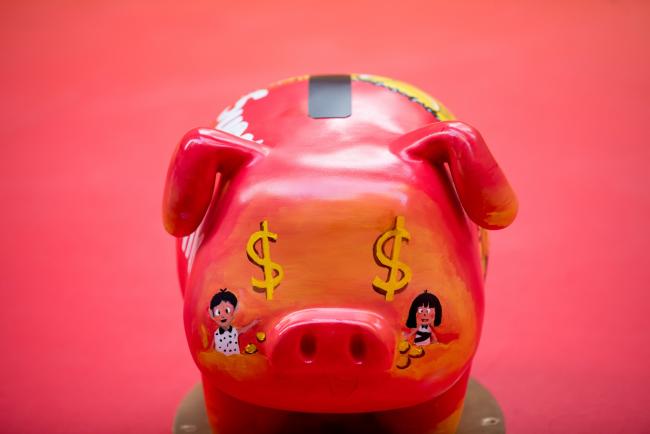(Bloomberg) -- The downward pressure on China’s consumption persisted over the Lunar New Year holiday, the annual festival when people travel, shop, and give gifts or money.
People in China spent 1.01 trillion yuan ($149 billion) at restaurants, shopping malls and online outlets over the the week-long holiday, according to the Ministry of Commerce. That was 8.5 percent higher than during last year’s festive period, but the slowest increase since at least 2011.
Increasingly frugal Chinese consumers are sending chills through global investors, with the pullback in spending hitting the profits of companies such as Apple Inc (NASDAQ:AAPL)., Swatch Group (SIX:UHR) AG and luxury car makers. Weaker growth, the trade war with the U.S., and a crackdown on debt all undercut momentum in 2018, sending auto purchases into a contraction for the first time in almost three decades and retail sales growth to the slowest pace since 2002.
Spending at tourist venues rose 8.2 percent to 513.9 billion yuan, the state broadcaster CCTV said, citing data from the Ministry of Commerce, slower than the 12.6 percent rise last year. Domestic box office revenue was 1 percent higher than in 2018, according to a report in The Paper, which cited statistics from a cinema ticketing service platform of Alibaba (NYSE:BABA) Pictures.
Those who are still shopping are increasingly doing it online, with JD.com reporting a 43 percent jump in sales around the holiday versus a year earlier. Cellphones, computers and home appliances were at the top of shopping lists, and there was a surge in purchases of kitchenware and furniture, according to a report from the second largest e-commerce site in the nation.
Spending growth in smaller cities jumped 55 percent on Alibaba Group Holding Ltd.’s Tmall, faster than in major metropolises, where residents are being squeezed by higher housing prices. Tourists chose Hong Kong, Thailand and Macau as their top overseas destinations, according to Alibaba’s online tourism site. The U.S. was the seventh most popular spot, even amid the trade tensions.
China mainland visitors to Macau reached almost 900,000 during the week-long Chinese New Year holiday, climbing 26 percent from last year’s festive holiday, according to Macau’s tourism office. That was more than double last year’s growth.
The week-long Lunar New Year falls on different dates in January or February each year. During the holiday, hundreds of millions travel to their hometowns or go overseas, visit relatives and dine out. This year’s holiday was Feb. 4-10, while it was Feb. 15-21 in 2018.
(Updates with data from JD.com and Alibaba.)
